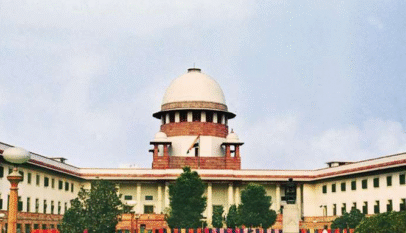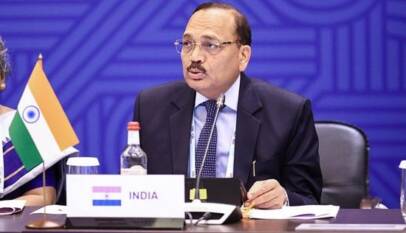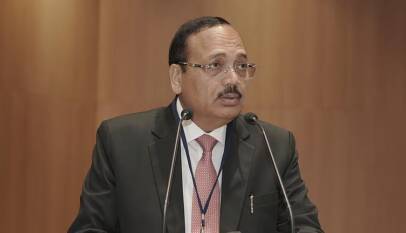Supreme Court Rules Against Midway Changes in Government Job Recruitment Criteria
On November 7, the Supreme Court of India delivered a landmark judgment, emphasizing that the rules governing recruitment for government jobs cannot be modified once the selection process has commenced. This ruling stemmed from a case related to the recruitment of translators for the Rajasthan High Court, where a change in the minimum marks criteria had been applied midway through the selection process. The court underscored that unless explicitly allowed by existing regulations, any alteration to the recruitment criteria after the process has started is deemed unlawful.
Chief Justice DY Chandrachud, heading a five-judge Constitution Bench that included Justices Hrishikesh Roy, PS Narasimha, Pankaj Mithal, and Manoj Misra, reinforced this principle by stating, “The recruitment process begins with the issuance of the advertisement inviting applications and calling for filling up of vacancies.” The court clarified that eligibility criteria notified at the start cannot be modified midway unless the governing rules or advertisement itself permits such changes. This decision reinforces a precedent set in the 2008 Supreme Court judgment in K. Manjushree vs. State of Andhra Pradesh, where it was similarly held that the “rules of the game” should not be altered once the recruitment process has begun.
The case in question involved recruitment for 13 translator positions at the Rajasthan High Court. During the selection process, 21 candidates appeared for a written test and interview. Initially, three candidates were declared successful. However, a subsequent order from the Chief Justice of the Rajasthan High Court imposed a minimum requirement of 75 percent marks for selection, a criterion not originally stated in the recruitment advertisement. When this new benchmark was applied, only these three candidates were selected, excluding the others who had initially qualified based on previous criteria. In response, the unsuccessful candidates filed a petition, contending that changing the minimum marks requirement during the ongoing selection process was akin to “changing the rules of the game mid-game.” After their petition was dismissed by the High Court, the appellants approached the Supreme Court, citing the K. Manjushree decision as a basis for their argument.
www.mavericknews30.com, In its ruling, the Supreme Court upheld the principle established in K. Manjushree as sound law, asserting it does not conflict with the 1973 judgment in State of Haryana vs. Subhash Chander Marwah. In the Marwah case, the Supreme Court had stated that candidates securing minimum qualifying marks are not automatically entitled to appointment and that the government can set higher standards for specific roles. The Court clarified that Marwah deals with the right to be appointed from a select list, whereas K. Manjushree addresses the right to remain on a select list without arbitrary changes in criteria. Therefore, the two cases tackle different legal issues, rendering them non-contradictory.
Justice Manoj Misra, writing for the bench, highlighted that recruitment bodies have the authority to design appropriate procedures for concluding the selection process, provided these procedures adhere to principles of transparency, non-discrimination, and non-arbitrariness. Such procedures must also align with the ultimate objective of the recruitment and maintain rationality in application.
This ruling is significant for candidates and recruitment bodies across India, establishing that any procedural changes during recruitment must be transparently grounded in existing rules to avoid arbitrary decisions. The judgment ensures a fair and consistent recruitment framework that upholds candidates’ expectations and rights, thus aligning with the constitutional mandate for non-arbitrariness in state actions.
In an additional ruling on the same day, the Supreme Court directed the liquidation of assets owned by Jet Airways, overturning the National Company Law Appellate Tribunal’s (NCLAT) prior approval to transfer the grounded airline to the Jalan Kalrock Consortium. This order highlights the Court’s active stance on ensuring due process and regulatory compliance across sectors, extending beyond recruitment into corporate governance.
Former India Pacer Prasad Elected KSCA President, Ushers in New Leadership Era After Turbulent Year
Bengaluru, Dec 2025 : Former India fast bowler and national selector Prasad was on Sunday …




















